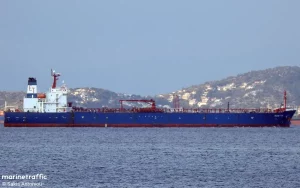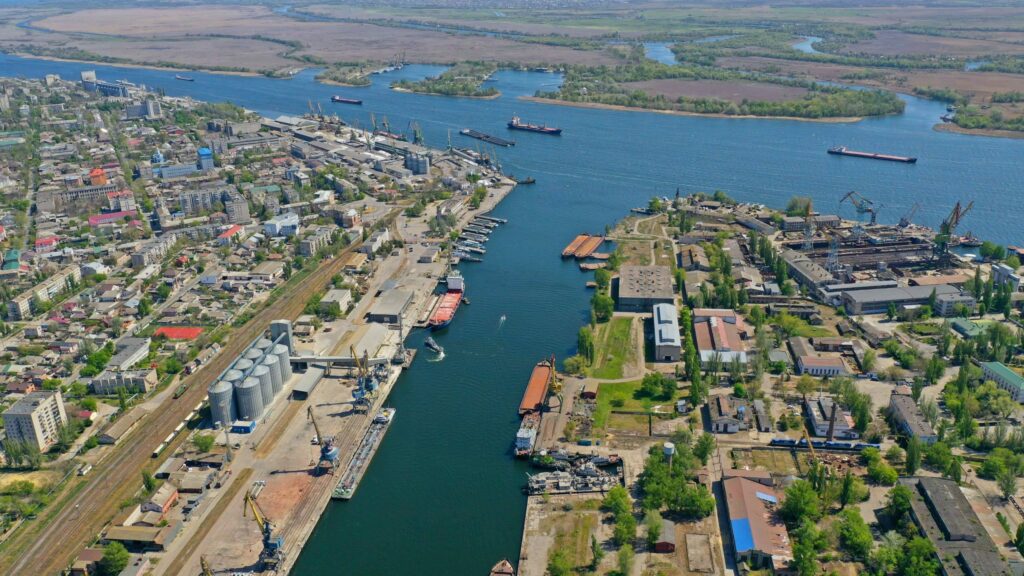G7 increases pressure on Russian oil exports

The goal is to limit Russia’s oil export revenues, which remain its main source of revenue.
G7 finance ministers held a virtual meeting on October 1, where they agreed on a new package of sanctions to reduce Russia’s ability to finance its war against Ukraine, the officials said in a joint statement.
The G7 countries plan to target companies and states that continue to increase their purchases of Russian oil after the full-scale invasion, as well as those that help circumvent existing restrictions.
“We agreed that the time has come for a significant coordinated escalation of measures to reduce Russia’s ability to wage war. We place particular emphasis on reducing, and eventually completely eliminating, imports of hydrocarbons from Russia,” the statement said.
The G7 is also considering new trade measures, including tariffs and export and import bans, that will affect not only Russia itself, but also countries or organizations involved in the processing and resale of Russian oil. This includes, in particular, refined petroleum products that can be used to circumvent sanctions.
The G7 countries confirmed their readiness to use all available financial and trade mechanisms to block the flow of funds into the Russian economy. At the same time, the ministers stressed that they would continue to support Ukraine, including through IMF programs and emergency loans.
Final decisions on new sanctions and trade restrictions are planned to be made on October 15 in Washington during the annual meetings of the IMF and the World Bank.
Also, as USM reported, a Russian ship was detained in South Korea the day before due to pollution of the sea with oil products.





